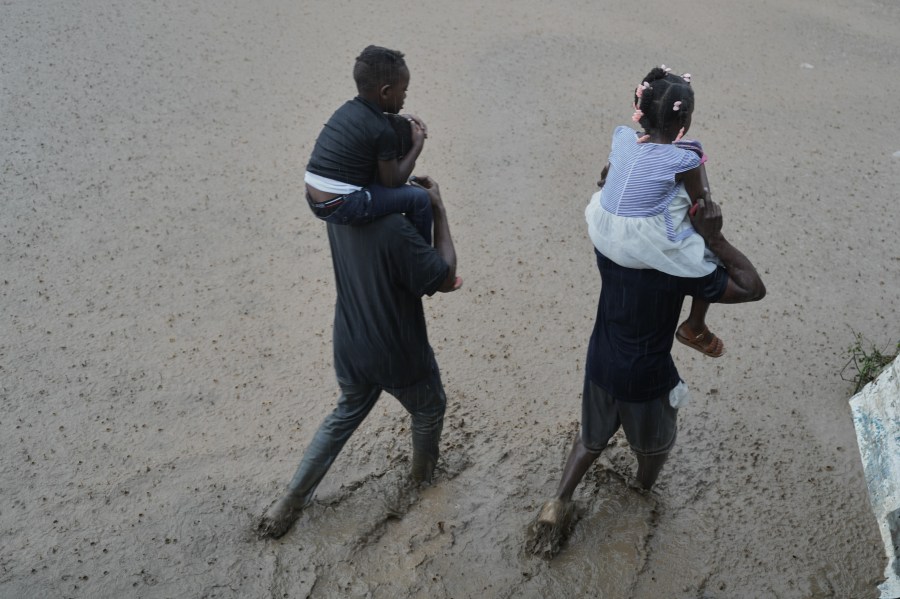UPDATE: A groundbreaking analysis confirms that human-caused climate change significantly intensified the destructive winds and rainfall from Hurricane Melissa, making its impact felt across the Caribbean. Released today, the report by World Weather Attribution reveals that climate change increased Melissa’s maximum wind speeds by 7% and heightened rainfall intensity by 16%, leading to devastating consequences for countries like Jamaica, Haiti, Dominican Republic, and Cuba.
The storm, which peaked with sustained winds of up to 185 mph (298 kph), wreaked havoc, causing dozens of fatalities, damaging homes, and blocking roads with landslides. Reports indicate that roofs were torn off buildings and hospitals suffered significant damage, with agricultural fields left in ruins.
This rapid analysis underscores the urgent reality of climate change: the conditions that fueled Hurricane Melissa were made six times more likely due to rising global temperatures, according to the report. Scientists noted that ocean temperatures in Melissa’s path were approximately 1.4°C (2.5°F) warmer than pre-industrial levels, providing the storm with a potent energy source.
“The warmer the ocean temperatures, the greater the wind speed a hurricane can have,” stated Theodore Keeping, a climate scientist involved in the analysis. This rapid intensification of hurricanes, which saw Melissa’s wind speeds increase by over 30 knots (about 35 mph) in just 24 hours, is a disturbing trend linked to climate change.
Experts warn that without the effects of climate change, Melissa would likely have had wind speeds nearly 10 mph (16 kph) lower, potentially reducing its economic impact. “A hurricane this rare would have caused less destruction if it had been weaker,” Keeping added.
The analysis emphasizes that climate change leads to a more humid atmosphere, which holds more water vapor, further intensifying storms. “It’s like basically taking a sponge and wringing it out, and climate change is making that sponge even larger,” explained Brian Tang, a professor of atmospheric science, highlighting the critical role of human activity in exacerbating natural disasters.
As nations continue to grapple with the aftermath of Hurricane Melissa, the findings from this rapid attribution analysis serve as a stark reminder of the immediate and escalating threat posed by climate change. Andrew Dessler, a professor at Texas A&M University, noted the consistency of these findings with existing research, reinforcing concerns about future storms.
As the world watches the ongoing recovery efforts, the implications of this analysis are clear: climate change is not just a distant threat; it is shaping the storms of today. The data reveals a pressing need for global action to address the root causes of climate change to mitigate the devastation of future hurricanes.
This developing story highlights the urgent intersection of climate science and disaster response, urging communities worldwide to prepare for increasingly severe weather events. Stay tuned for updates as the situation unfolds.







